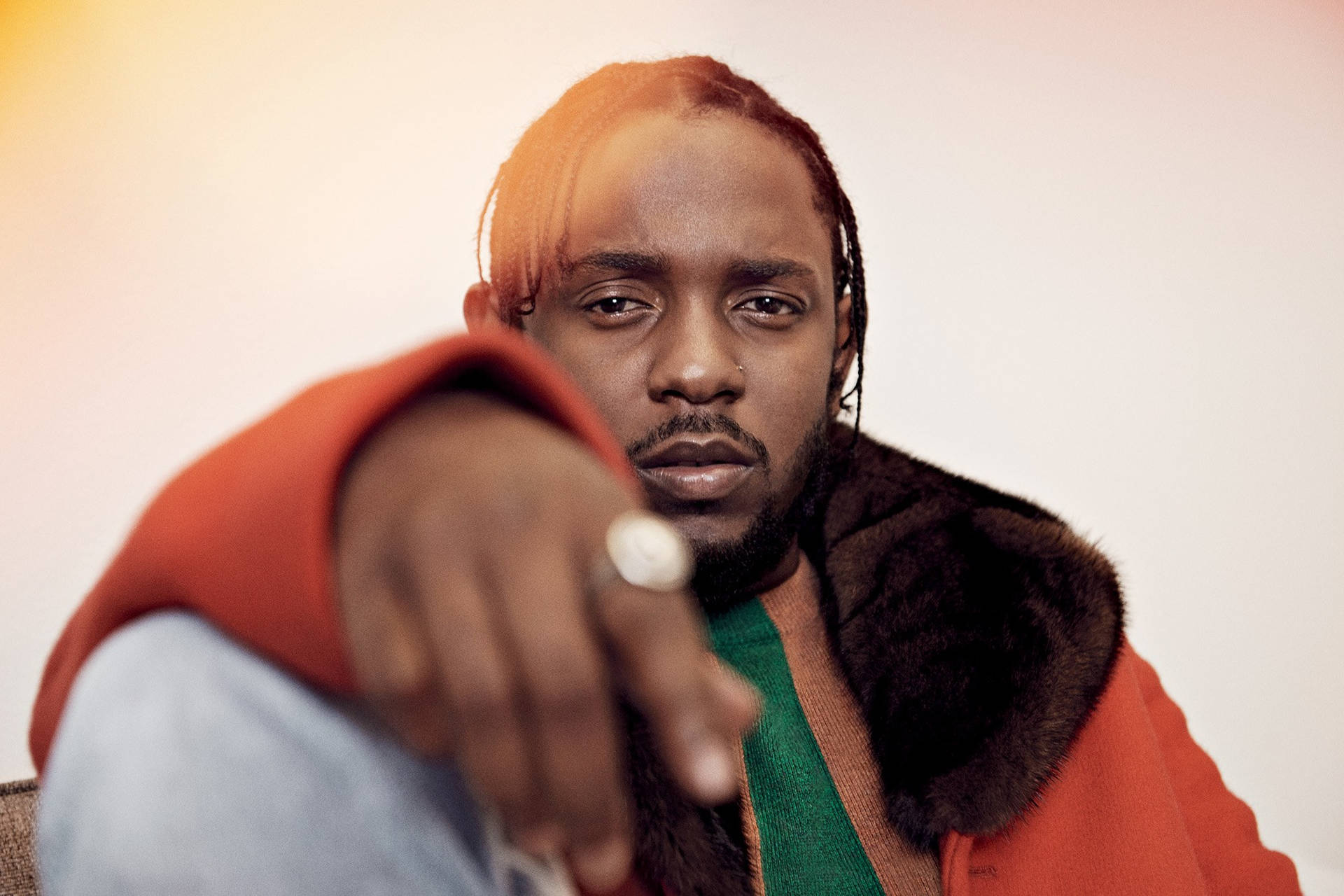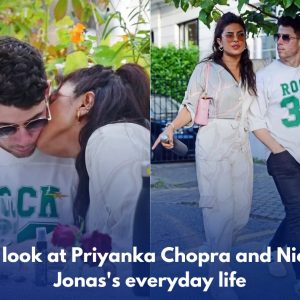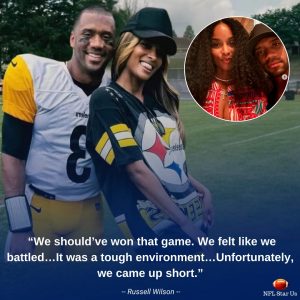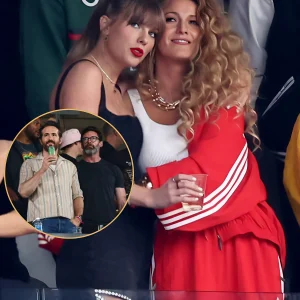
The idea behind “Greatest of All Time” (GOAT) arguments is that they are both conclusive and reductive, all-encompassing and yet narrowly focused. In the language of the NBA, “legacy games” are matches where a superstar performs admirably or poorly when it matters most. These matches act as turning points for the discourse. Whether the results are fair or not, they become Google searches for our perceptions of each player. Although the Kendrick Lamar vs. Drake match wasn’t a playoff series, K.Dot’s masterful win seemed like a game that would go down in history as the final one. However, it goes beyond that. Kendrick has elevated himself beyond merely striving to meet Rap GOAT criteria by soundly defeating the biggest rapper of his era and setting his own bar. It’s time to begin the GOAT conversations.
When Kendrick spoke the words “motherfuck the big three,” he had fulfilled the requirements of a potential Rap GOAT in the majority of the cases. Kendrick blends Spike Lee’s directing mastery with an actor-playwright’s sense of theater and flawless rap technicianship. His most moving compositions are dramatic but approachable, and his expansive cadences mirror the depth of his emotions, which he captures in visceral music that straddles the line between humanity and myth-making. He can write songs for both your chart and the charts, like the commercial street rap icons who came before him, albeit most of the time he serves up some variation of both.
With 2012’s good kid, m.A.A.d city, he had the Dr. Dre co-sign and the storied major label debut that doubles as an origin story. To Pimp a Butterfly was the requisite experimental album, except this one went platinum while earning unanimous praise. If there were doubts about his ability to make Hot 100 mainstays, he destroyed them with DAMN., a 2017 LP that saw him land his first-ever solo No. 1 single “HUMBLE.,” as well as another top-five single in “DNA.” In a previously unfathomable double-play, DAMN. went three-times platinum and became the first rap album to win the Pulitzer Prize. Sure, these are incredible accomplishments, but functionally, they’ve more or less been done before. Jay-Z and Eminem have technically incredible albums that sold well, and while it’s a profound marker of rap’s acceptance, the Pulitzer is ultimately a shinier version of “critical acclaim.” But by beating Drake, Kendrick just won the only championship that’s ever been played.

Unfolding at the intersection of spontaneity and spectacle, Kendrick’s Drake battle was one of the highest-stakes contests in rap history. There’ve been epic rap battles, but the participants were never complete equals, so they felt more like regular season games than battles for the most dominant. By the time Jay-Z got “ethered,” Nas’ stream of lackluster albums and a comparative lack of commercial success put him closer to has-been status than a claim to the rap throne. Eminem had fun beating up on Benzino, but the Boston rapper-producer-television personality was always more famous for ruining The Source than dropping bars. Common had s𝓀𝒾𝓁𝓁s, but never approached Drizzy’s cultural ubiquity. Tupac bombed on The Notorious B.I.G. first, but Big was never interested in retaliation, and even if he had a change of heart, Tupac was 𝓀𝒾𝓁𝓁ed before they could have a meaningful back-and-forth. As a diametrical opposite with massive cultural cache and similarly transcendent s𝓀𝒾𝓁𝓁s, Drake presented Kendrick with a Rap GOAT infinity stone that many rap legends had never encountered: a worthy opponent.
While it’s become popular to dunk on Drake, he remains a generational hitmaker with the rhyme dexterity of a premier technician. Despite claims to the contrary, he, along with 40, helped popularize a muted aesthetic that helped define Toronto rap and R&B. He’s got an astounding 331 Billboard Hot 100 hits, he’s won five Grammys, and he’s got several critically acclaimed albums. In recent years, he’s been an increasingly popular pick in debates about the all-time greats. (Everyone from Jim Jones to Ice Spice to Michal B. Jordan have called him the GOAT in recent Complex interviews.) On top of sales and awards, he’s also battle-tested. He’d previously taken a loss to Pusha-T, but he took down Common and Meek Mill. With that in mind, the stage was set for a once-in-a-lifetime competition. Kendrick had the opportunity to take down an artist many have argued as the GOAT, and he did.
By now you know how things played out. After Kendrick launched the first strike with Future & Metro Boomin’s “Like That,” Drake replied with the electric “Push Ups,” only to eventually lose out in an avalanche of pantheon diss tracks from Compton’s savior. “Euphoria” is a freeform heater that turns every 6ix God Twitter joke into a Drake roasting session. “6:16 in LA” is a sinister warning shot. “Meet The Grahams” is a devastatingly condescending rebuttal to Drake’s stellar “Family Matters.” Drake got bars off, but his scattershot approach, and the timing of Kendrick’s release—he unloaded “Meet The Grahams” less than an hour after Drake dropped “Family Matters”—rendered Drake’s response a moot point. “Euphoria” would’ve made Tupac proud, but “Meet The Grahams”’s all-around depravity would’ve made Makaveli grab some Hennessy and see how much lower he could go. And that wasn’t the end.
Released less than 24 hours after “Meet The Grahams,” “Not Like Us” saw Kendrick eviscerate Drake’s whole public persona. Right or wrong, he expertly played to the idea of Drake the Culture Vulture. He turned pedophilia accusations into catchphrases. With inspired Mustard production and a hook that’s as symbolic as it is catchy, it’s become a commercial monster. It recently broke the record for quickest rap song to reach 100 million streams on Spotify. While Drake’s disses paint Kendrick as some sort of fake deep spoken-word poet who’s got no clue how to make bangers, “Not Like Us” is on its way to being the biggest hit of the year; TikToks with “Not Like Us” as a sound have been viewed over 100 million times. He is not a TikTok rapper. But it’s that new Kendrick, that’s just the way it go. Or rather, how it goes now.
“Not Like Us” became Kendrick’s first solo single to debut at No. 1. Imagine if “Hit Em Up” topped the Hot 100? What if ’Pac dropped a second Biggie diss track that hit No. 3 on the Hot 100, like Kendrick’s “Euphoria?” These hypotheticals border on whimsical, but that’s only evidence of Kendrick’s singularity; to come up with a similar situation, you just have to start making shit up. The outcome of this beef has Kendrick in the same spot.

On a literal, pure rap beef level, Kendrick Lamar won big. He started it with “Like That” and he ended it with “Not Like Us,” bookending the war with No. 1 singles. Over the last month and change, Kendrick’s gone from trying to simply live up to prescribed Rap GOAT guidelines to adding his own entries to the criterion. S𝓀𝒾𝓁𝓁swise, he’s a visceral lyricist who’s carved a legacy from his ability to combine dynamic songwriting with a masterful command of his vocals. When it comes to evaluating accolades, it’s legitimately harder to find things Kendrick hasn’t accomplished. He’s sold at least seven million albums (his RIAA certifications for LPs haven’t been updated since 2018, so it’s likely much more). He’s got 17 Grammy Awards, if you still care about such things. Maybe Kendrick could star in some movies. There’s the business end. We’ll see how PGLang pans out in five years. But, by all objective and subjective measures, Kendrick should have already been considered one of the 10 or so greatest rappers ever. He cemented his case with DAMN. seven years ago. As far as this rap shit goes, he’d already done it all, but now, instead of living up to rap legends, he’s created the mold for an entirely new one.





